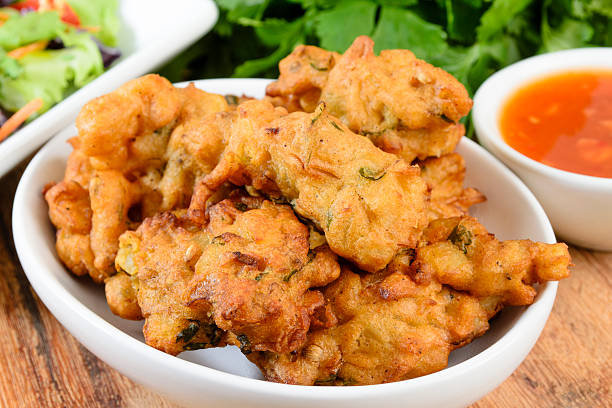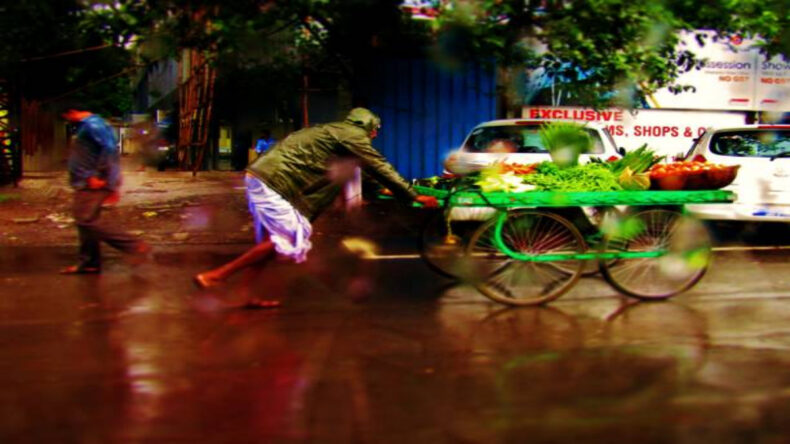Here’s a list of food items that you should exclude from your monsoon diet.

Monsoon has started in many parts of India, bringing some relief from the intense heat. However, the change in temperature during this season can make people more susceptible to allergies. Consuming a simple cold drink in April may not harm you, but doing the same during the rainy season could potentially make you sick.
During this season, it is advisable to include certain foods in your diet such as fruits, fluids, garlic, and turmeric, along with probiotic-rich options like cheese, yogurt, and pickles. Probiotics can be beneficial for health as they support the body in building and maintaining a strong immune system. Additionally, staying hydrated is essential.
Food items that you should avoid to ensure you stay fit during the monsoon season:
- Leafy vegetables – Although vegetables have always been included in healthy eating habits, it is not wise to opt for these vegetables during the rainy season. This is because the warm and humid conditions of the monsoon promote the proliferation of bacteria and fungi, particularly in leafy green vegetables. Making greens like spinach carriers for stomach infections. Therefore, it is crucial to thoroughly wash vegetables before cooking to minimize the risk of infections.
- Seafood: During this season, the risk of water contamination is higher, leading to potential pathogens infecting fishes and prawns. Consuming contaminated seafood can result in infections among individuals.
- Mushrooms: Mushrooms thrive in damp regions, and the rainy season can foster an increase in bacterial growth. The rising number of pathogens significantly elevates the risk of mushroom-related infections.
- Fizzy drinks – Following a warm day, a beverage may appear to be an appealing remedy. However, you should avoid them in the monsoon season as they can reduce essential minerals in the body and weaken the immune system.
- Spicy and fried foods – Food items like pakodas, somosas may seem delicious and tempting but it is important to exercise moderation. Consuming excessively may lead to indigestion and diarrhea.
- Curd – In the rainy season, it is recommended to refrain from eating curd because it has a cooling effect on the body. Since the weather is already humid and damp, curd can make individuals more prone to catching colds and experiencing respiratory problems. It can also disrupt the digestion process, leading to stomach upset or bloating, which are common during this period. Instead, it is better to go for warm, cooked foods and immune-boosting alternatives to avoid any potential health concerns that could arise from consuming curd during the monsoon season.
- Street food – The temperature during the monsoon is ideal for pathogens like fungus and bacteria, and most street foods, such as chaat and golgappas, are prone to contamination. It is strongly advised to avoid street food and food from outside during this season.













